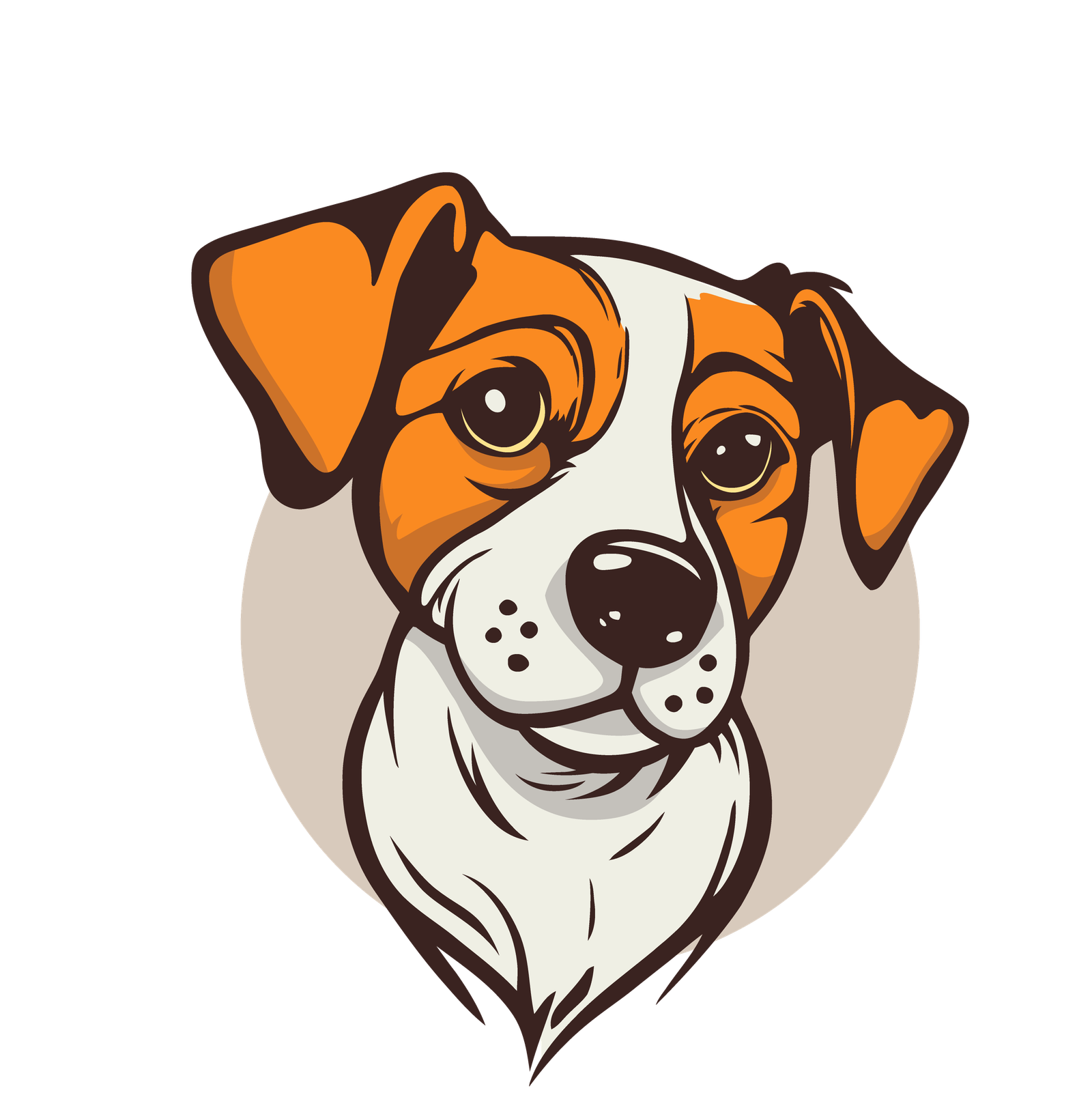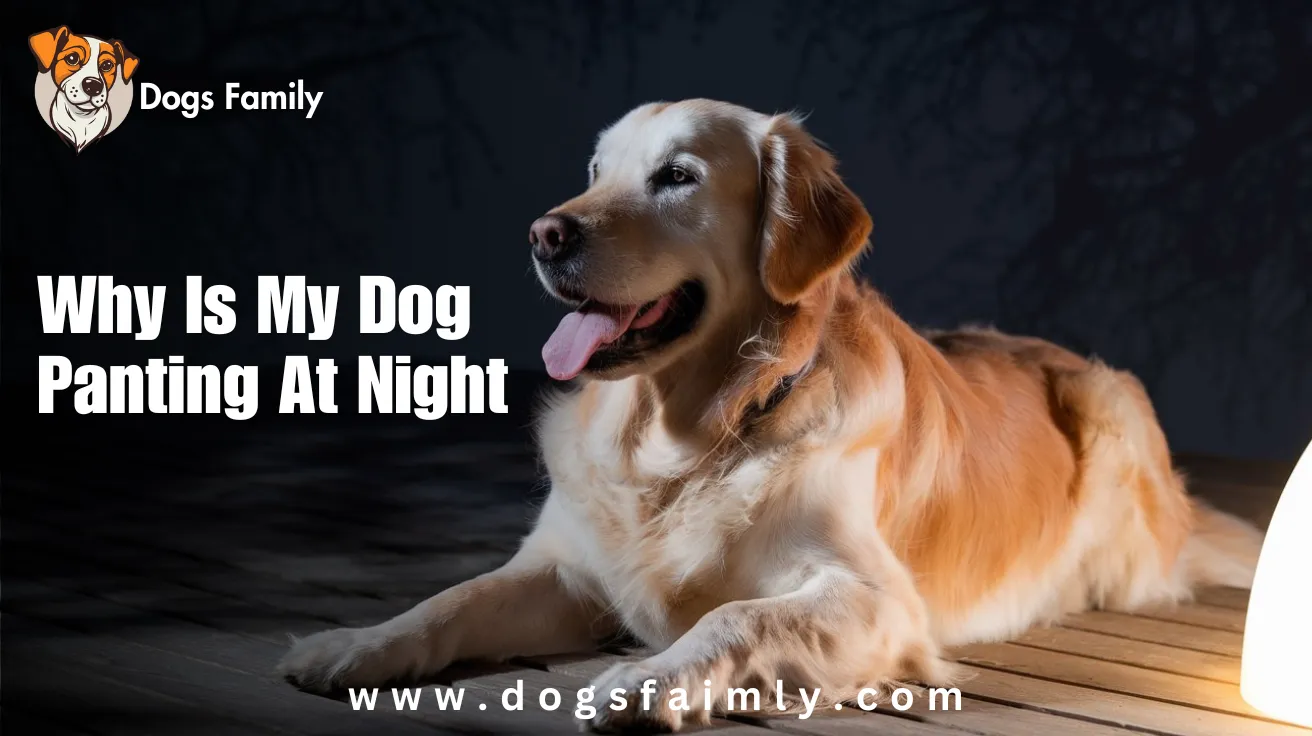Why Is My Dog Panting at Night? Understanding the Causes and Solutions
If you’ve ever been woken up in the middle of the night by the sound of your dog panting heavily, you may have found yourself wondering, “Why is my dog panting at night?” It can be concerning to see your furry friend in distress, especially when you’re trying to enjoy a peaceful evening. In this article, we will explore the various reasons behind nighttime panting in dogs, how to determine if it’s a cause for concern, and what you can do to help your dog feel more comfortable.
Understanding Why Is My Dog Panting At Night?
Panting is a natural behavior for dogs, and it can serve several purposes. Dogs primarily pant to cool themselves down, as they do not sweat like humans do. They also pant when they are excited or anxious. However, if your dog is panting excessively at night, it may indicate an underlying issue that needs to be addressed.
Anecdote: A Concerned Dog Owner’s Experience
Let’s take a moment to hear about my friend Tom, who has a lovable Labrador named Buddy. One night, Tom noticed Buddy was panting heavily while lying in his bed. Tom immediately felt a wave of worry. Was Buddy too hot? Was he in pain? After a restless night, Tom decided to investigate further, which led him to discover the possible causes and solutions for Buddy’s nighttime panting.
Common Reasons for Nighttime Panting in Dogs
Why Is My Dog Panting At Night? Understanding the reasons behind your dog’s panting can help you determine the best course of action. Here are some common causes:
1. Heat and Humidity
One of the most straightforward reasons for panting is heat. Dogs can easily become overheated, especially during warm summer nights. If your home is too warm or humid, your dog may pant to regulate its body temperature.
Tip: Ensure your dog has access to fresh water and a cool place to rest. A fan or air conditioning can help keep the environment comfortable.
2. Anxiety and Stress
Dogs are sensitive creatures, and they can experience anxiety just like humans. Changes in their environment, loud noises, or separation from their owners can cause stress, leading to excessive panting.
Tip: If you suspect anxiety, consider creating a safe space for your dog with their favorite toys or blankets. Additionally, calming products like Adaptil or CBD oil can help ease their stress.
3. Pain or Discomfort
If your dog is in pain, they may pant more than usual. Conditions such as arthritis, injuries, or illnesses can cause discomfort, prompting your dog to pant as a response.
Tip: Monitor your dog for other signs of pain, such as limping or whimpering. If you suspect your dog is in pain, consult your veterinarian for a proper assessment.
4. Respiratory Issues
Respiratory problems, such as pneumonia or chronic bronchitis, can cause panting. If your dog has difficulty breathing or exhibits other symptoms like coughing, it’s essential to seek veterinary attention immediately.
Tip: Be vigilant about your dog’s breathing patterns. If you notice unusual sounds or labored breathing, contact your veterinarian.
5. Medications
Certain medications can cause side effects that include panting. If your dog has recently started a new medication, consult your vet to determine if panting is a known side effect.
Tip: Keep track of any changes in your dog’s behavior after starting new medications, and report these to your veterinarian.
What to Do When Your Dog Is Panting at Night
Why Is My Dog Panting At Night? If you notice your dog panting at night, consider the following steps:
Step 1: Assess the Environment
Check the temperature of your home. If it’s warm or humid, help your dog cool down by moving them to a cooler area and providing fresh water.
Step 2: Observe for Other Symptoms
Monitor your dog for additional signs that could indicate a more serious issue, such as:
- Changes in appetite
- Lethargy
- Vomiting
- Coughing or sneezing
- Changes in bathroom habits
Step 3: Comfort Your Dog
If your dog appears anxious, try to comfort them with gentle petting and soothing words. Creating a calm environment can help ease their stress.
Step 4: Consult Your Veterinarian
If your dog’s panting persists or if you notice any concerning symptoms, don’t hesitate to contact your veterinarian. They can help determine the cause and provide appropriate treatment.
Preventing Nighttime Panting
Here are some tips to help reduce the chances of your dog panting at night:
- Establish a Routine: Dogs thrive on routine, so try to keep feeding and walking times consistent.
- Provide a Comfortable Sleeping Area: Make sure your dog has a comfortable, cool place to sleep. Consider investing in a high-quality dog bed.
- Keep Calm: If your dog is anxious, practice calming techniques or consider consulting a dog trainer for additional support.
Conclusion
Why Is My Dog Panting At Night? In conclusion, understanding why your dog is panting at night is crucial for ensuring their health and well-being. While it can be normal behavior in certain situations, excessive panting can indicate underlying issues that need attention. By monitoring your dog’s environment, behavior, and overall health, you can help them feel more comfortable and reduce their nighttime panting.
If you’re concerned about your dog’s health or if panting persists, don’t hesitate to reach out to your veterinarian. They can provide guidance and support to help you keep your furry friend happy and healthy. Remember, your dog relies on you to understand their needs, so staying informed is key.
Hyperlinks:
Wrinkly Dog Care: Essential Tips Explained
Why does my dog's breathing get worse at night?
Your dog's breathing may worsen at night for several reasons. First, nighttime can bring about anxiety or stress, leading to increased panting or difficulty breathing. Additionally, lying down can exacerbate respiratory issues, as it may compress the airways. Conditions like asthma, heart disease, or obesity can also contribute to nighttime breathing problems. Environmental factors, such as allergens or smoke, can worsen symptoms at night. If you notice persistent breathing difficulties, it's crucial to consult your veterinarian for an accurate diagnosis and appropriate treatment to ensure your dog's health and comfort.
Why is my dog panting while doing nothing?
If your dog is panting while doing nothing, it could be due to several reasons. Heat is a common cause, as dogs pant to cool down, even in a comfortable environment. Anxiety or stress can also trigger panting; changes in routine or loud noises might be factors. Additionally, pain or discomfort from medical conditions like arthritis can cause dogs to pant, even when they are resting. Lastly, certain medications may have side effects that include panting. If this behavior persists or is accompanied by other concerning symptoms, consult your veterinarian for a proper evaluation.
Why is my dog overheating at night?
Your dog may be overheating at night for several reasons. If the temperature in your home is too warm or humid, dogs can struggle to regulate their body heat, leading to discomfort. Thick fur or inadequate ventilation can exacerbate the problem. Additionally, if your dog has been exercising heavily during the day, they may retain heat. Certain medical conditions or medications can also affect their ability to cool down. To help prevent overheating, ensure your dog has access to fresh water, a cool resting area, and proper grooming to manage their coat.
How to calm dog panting at night?
To calm a dog that is panting at night, first, ensure the environment is cool and comfortable by providing fresh water and moving them to a shaded area or using a fan. Create a calming atmosphere by using soft music or white noise to mask outside sounds. Offer gentle reassurance through petting and soothing words. Establish a routine with regular exercise during the day to help reduce anxiety. If the panting persists, consider using calming products like Adaptil or CBD oil, and consult your veterinarian to rule out any underlying health issues.

